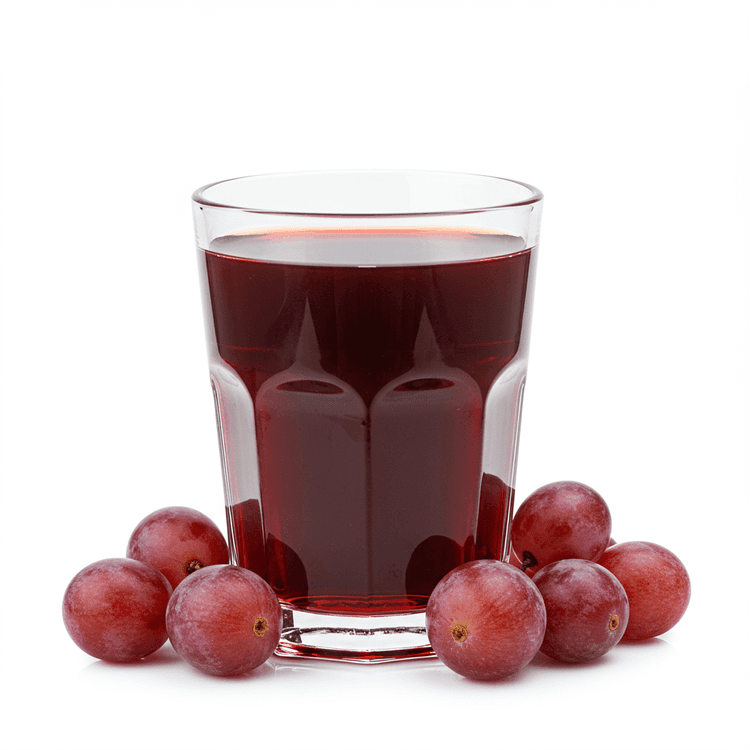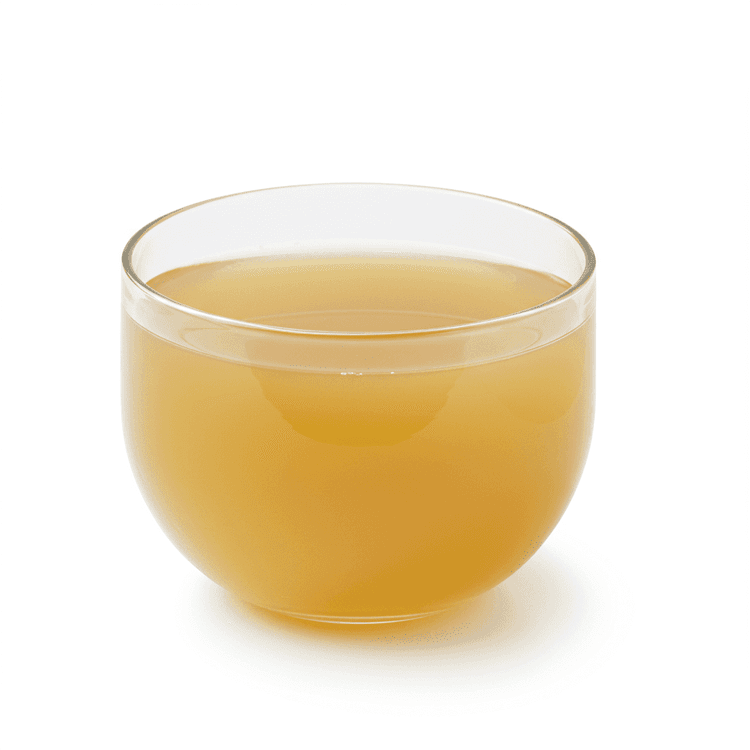
Beer
Beer is a fermented beverage crafted from grains, most commonly malted barley, and flavored with hops. It presents in a wide array of colors, from pale straw to deep black, and boasts diverse flavor profiles. Common characteristics include a slight bitterness from the hops, balanced by the sweetness of the malt. The texture ranges from light and crisp to rich and creamy, depending on the style. Look for beers with good clarity and a persistent head of foam, indicative of quality brewing practices.
Common Uses
- Beer can be used in beer batter for crispy fried foods like fish and vegetables, creating a light and flavorful coating for deep frying.- Beer is often used as a braising liquid for meats, adding depth and complexity while tenderizing tougher cuts. It imparts a malty flavor to stews and pot roasts.- Beer can be incorporated into bread recipes, contributing a unique flavor and a slightly chewy texture to loaves, rolls, and pizza dough.- Beer pairs well with a variety of cheeses, particularly sharp cheddar, blue cheese, and aged gouda, making it a great drink for appetizers and desserts.- Many beers complement sauces, such as BBQ sauce or cheese sauce, to enrich their flavors with subtle bitterness and malt character.- Beer is used in marinades for grilled meats and poultry, helping to tenderize and infuse them with flavor before cooking on the grill.
Nutrition (per serving)
Nutrition (per serving)
Calories
153.0kcal (7.65%)
Protein
1.6g (3.24%)
Carbs
12.6g (4.59%)
Sugars
0.4g (0.72%)
Healthy Fat
0.0g
Unhealthy Fat
0.0g
% Daily Value based on a 2000 calorie diet
Nutrition (per serving)
Calories
153.0kcal (7.65%)
Protein
1.6g (3.24%)
Carbs
12.6g (4.59%)
Sugars
0.4g (0.72%)
Healthy Fat
0.0g
Unhealthy Fat
0.0g
% Daily Value based on a 2000 calorie diet
Health Benefits
- May support heart health when consumed in moderation.
- Some beers contain B vitamins like folate, niacin, riboflavin, and pantothenic acid.
- Certain beers provide antioxidants from barley and hops.
- Can potentially improve bone density due to its silicon content, when consumed responsibly.
- May act as a social lubricant, promoting relaxation and reducing stress in moderate amounts.
Substitutes
Chefadora AI is here.
Experience smarter, stress-free cooking.
Storage Tips
Unopened beer is best stored in a cool, dark place at a consistent temperature, ideally between 50-55°F (10-13°C), to prevent skunking and maintain flavor. Avoid direct sunlight and fluctuating temperatures. Once opened, beer should be refrigerated and consumed within a day or two for optimal taste and carbonation. Canned beer can be kept in the refrigerator until ready to drink but bottled beer is best stored in the fridge.
Marnirni-apinthi Building, Lot Fourteen,
North Terrace, Adelaide, South Australia, 5000
Australia



